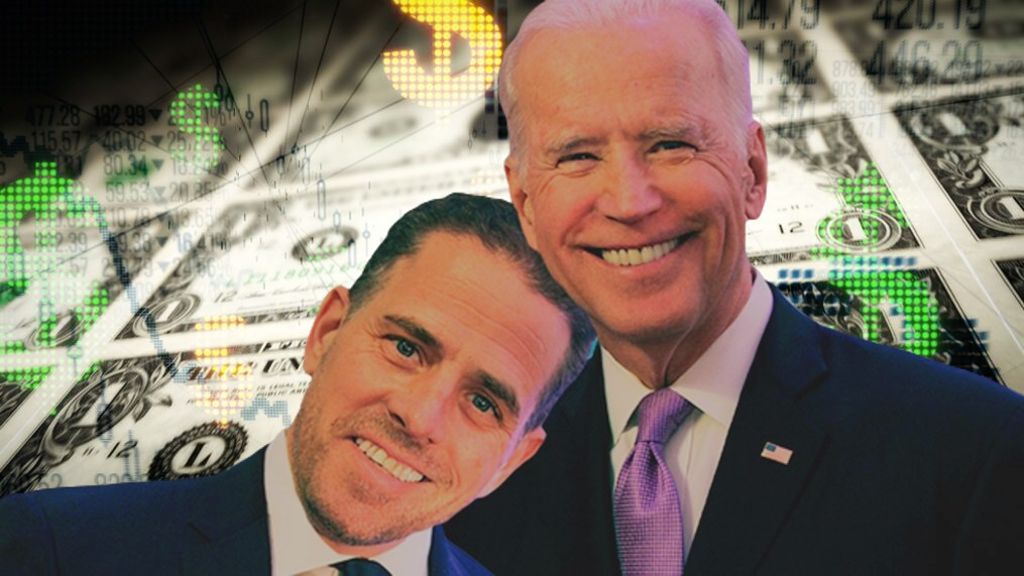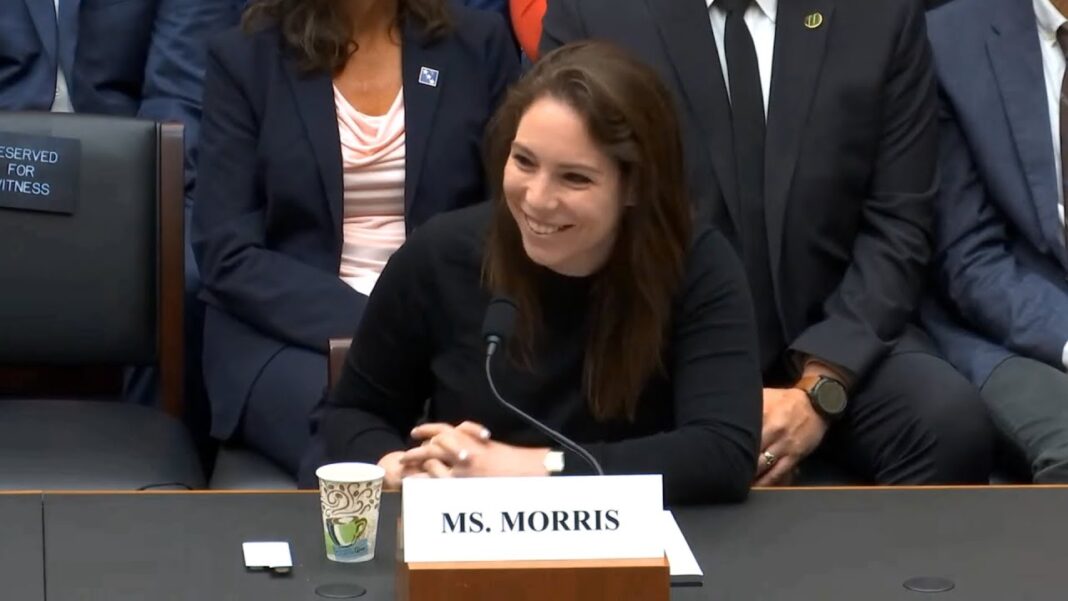In a hearing marred by contentious interruptions and attempts by House Democrats to remove him as a witness, Robert F. Kennedy Jr., CHD chairman on leave from Children’s Health Defense testified before a U.S. House hearing organized by the Subcommittee on the Weaponization of the Federal Government.
In a hearing marred by contentious interruptions and attempts by House Democrats to remove him as a witness, Robert F. Kennedy Jr., CHD chairman on leave from Children’s Health Defense (CHD) testified before a U.S. House hearing organized by Subcommittee on the Weaponization of the Federal Government.
The subcommittee, operating within the House Judiciary Committee, said today’s hearing was intended to “examine the federal government’s role in censoring Americans,” “Big Tech’s collusion with out-of-control government agencies to silence speech” and the ongoing Missouri v. Biden lawsuit alleging government censorship.
Other witnesses who testified today included D. John Sauer, special assistant attorney general for Louisiana, an attorney for the plaintiffs in the Missouri v. Biden case, Breitbart journalist Emma-Jo Morris, who in 2020 first revealed the now-infamous “Hunter Biden laptop story,” and Maya Wiley, president and CEO of The Leadership Conference on Civil and Human Rights.
Government censorship and alleged First Amendment violations on the part of the federal government featured prominently in today’s hearing. “We need to be able to talk,” Kennedy told the committee. “And, the First Amendment was not written for easy speech. It was written for the speech that nobody likes you for.”
Today I am testifying in front of the Select Subcommittee on the Weaponization of the Federal Government. The hearing will examine the federal government's role in censoring Americans, the Missouri v. Biden case, and Big Tech's collusion with out-of-control government agencies to…
— Robert F. Kennedy Jr (@RobertKennedyJr) July 20, 2023
Morris testified about the threats to a free press, saying:
“What this relationship between the U.S,government officials and American corporations represent is, is an unprecedented push to undermine the First Amendment, the right to think, write, read, say whatever we want, and how we respond will determine whether we see a free press as inalienable or as optional.”
In his testimony, Sower referred to the July 4 ruling by Judge Terry Doughty of the U.S. District Court for the Western District of Louisiana, which barred the White House and federal agencies from censoring social media posts. He said:
“The government likes to claim that social media platforms acting on their own would apply their policies and censor all this content. … The Louisiana Court found that the platforms would not have suppressed this speech, but for the fact that the federal officials were pushing for it.”
Calling the scope and reach of the federal censorship efforts “staggering,” Sower added:
“Millions of social media posts and speakers [were censored] all across America. It affects virtually every American who reads, listens, engages, or posts on social media about great disputed political and social questions that federal censors have stuck their fingers into …. Federal officials’ censorship efforts are in full swing and they’re expanding to new frontiers.”
‘Attempt to censor a censorship hearing’
Efforts by Democrats to prevent Kennedy from testifying began earlier this week. On Monday, Reps. Dan Goldman (D-N.Y.), Debbie Wasserman Schultz (D-Fla.) and Judy Chu (D-Calif.) sent a letter signed by 102 House Democrats to House Republican leadership, requesting they “rescind Robert F. Kennedy Jr.’s invitation to testify.”
According to the letter:
“Mr. Kennedy has repeatedly attacked two groups that have long been subject to deadly discrimination. His own credibility as a witness is nonexistent. Allowing Mr. Kennedy to serve as a witness before the Select Subcommittee only services [sic] to legitimize his antisemitic and anti-Asian views,” the letter stated.
House Republican leadership rejected the request prior to the hearing. “The hearing that we have this week is about censorship,” House Speaker Kevin McCarthy (R-Calif.) said. “I don’t think censoring somebody is actually the answer here.”
Kennedy, in response to the accusations levied against him, set aside his prepared testimony for the hearing. Referencing the letter, he told the committee, “The 102 people that signed this [is] itself evidence of the problem that this hearing was convened to address. This is an attempt to censor a censorship hearing.”








